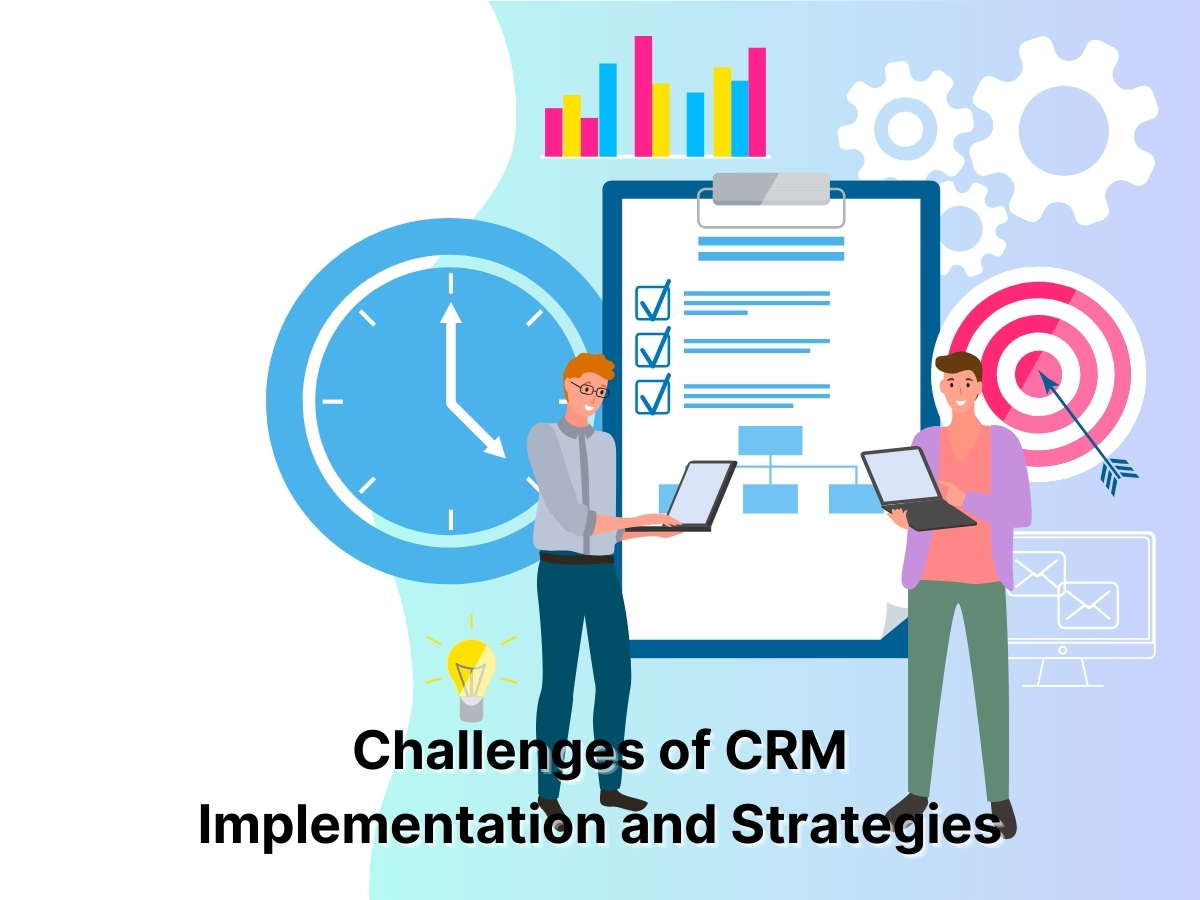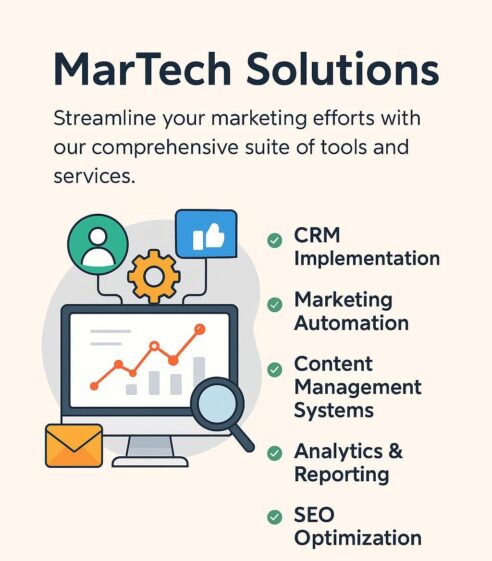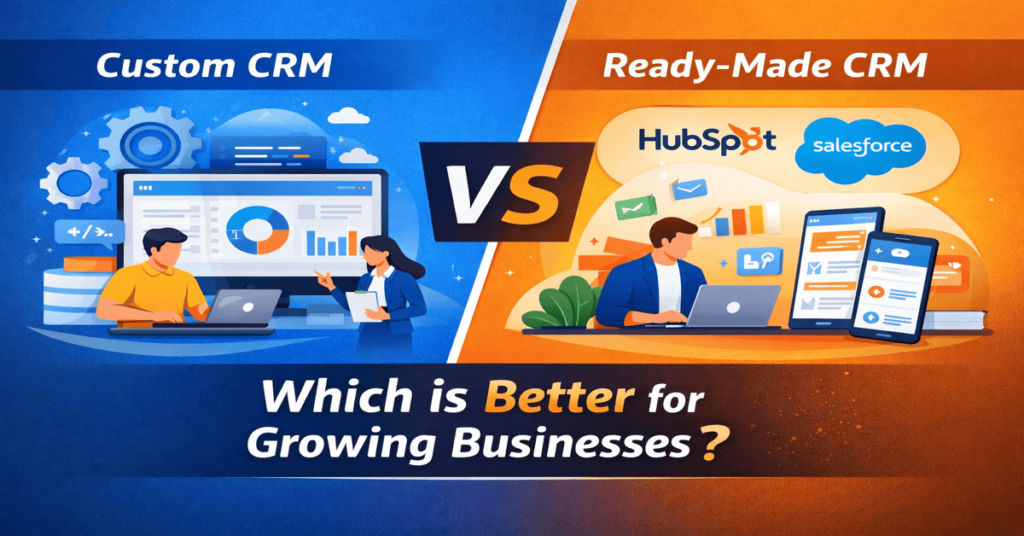
Deploying a CRM system is a pivotal move for companies aiming to enhance customer communication and streamline operations. However, the path to successful CRM adoption is often fraught with obstacles. Understanding these challenges—and how to address them—can make the difference between a smooth transition and a costly misstep. Below, we explore six critical issues businesses face during CRM implementation and provide practical strategies to ensure your CRM delivers its full value.
1. Resistance to Change
Challenge:
When a new CRM system is introduced, it may upset the normal working schedule, and employees will be reluctant to change since they understand the previous working patterns.
Strategy:
Communication and engagement solutions are hardly a unique panacea to the client’s problem; what matters is the way in which these solutions are applied. The first step is to engage the employees in the selection of the appropriate CRM then train the employees appropriately and well in a way that they understand the advantages of the new system. Stress the aspect that the CRM is going to make their work less complicated in order to engage them.
2. Data Quality and Migration

Challenge:
It is not uncommon for organizations to transfer data from their existing systems to a new CRM and in which case, the quality of the data is very important for proper functioning of the CRM.
Strategy:
Incorporate a discovery process, that will help in cleaning and normalizing data before moving into a new platform. Adopt polices on data governance in order to review data periodically to ensure that they remain credible in the changed times. Choose data migration tools that will effectively transfer the data and at the same time shall not cause any loss of data.
3. Integration with Existing Systems
Challenge:
The synchronization of the CRM with other business solutions like ERP, marketing automation or/and customer support may pose some difficulty alongside coming with a lot of time consumption.
Strategy:
You should select a CRM with a very robust integration feature and it must have a very strong API. Ensure that you get input from your IT department or your CRM implementation consultant on integration points and go through simulations to check where things are when live.
4. Customization and Complexity

Challenge:
Even as customization ensures that a CRM makes direct provisions to meet specific business needs, it is a double edged sword since too much of customization leads to complex system that is hard to navigate.
Strategy:
Always begin with the essentially preconfigured features, especially if they are sorted in categories or groups, and then make alterations if it is appropriate. Huge emphasis on additions to the application that would improve the ease of use in the application without increasing the level of complexity. This way, you will be in a position to see that those specific programs are still useful as your company grows..
5. User Adoption
Challenge:
It most perplexing and frustrating when employees do not use the most sophisticated CRM system that the organization has invested in. An issue that most affect mobilisation is that of low user adoption rates.
Strategy:
The main form of encouraging uptake of the system, design the interface of the CRM to be easy to use. Ensure that the training for users of the application is continuous and varies depending on the different user types, also ensure that there is a enforcement mechanism to deal with questions and problems. Reward users of the CRM to ensure those using it consistently are encouraged while those who are not, are encouraged to start using it.
6. Cost Management
Challenge:
CRM implementation can be costly, with expenses ranging from software licenses to training and ongoing maintenance.
Strategy:
Create a budget of all possible contingencies which would include such hidden costs as the cost of training more employees or the cost of future enhancement of the equipment. It may also be useful to phase the implementation to spread the cost over time – and help your team to get used to it. It means that one should review the CRM’s ROI and assess the value it brings
Conclusion
Successfully deploying a CRM system can revolutionize your business’s efficiency and customer satisfaction, but it requires careful planning and proactive management of common challenges. By addressing resistance to change, ensuring high data quality, integrating seamlessly with existing systems, balancing customization, fostering user adoption, and controlling costs, you can unlock the full potential of your CRM investment. Remember, each challenge is also an opportunity for improvement. With the right strategies, your CRM journey can become a catalyst for growth and innovation.
Recent Blogs
For more insights on CRM implementation and to explore our range of CRM services, visit MarTech Panthers.
📩 Want to fix your automation? Let’s talk.
📞 Call us: +91 9762910165
📧 Email:info@martechpanthers.com
🌐 Visit: https://martechpanthers.com/



